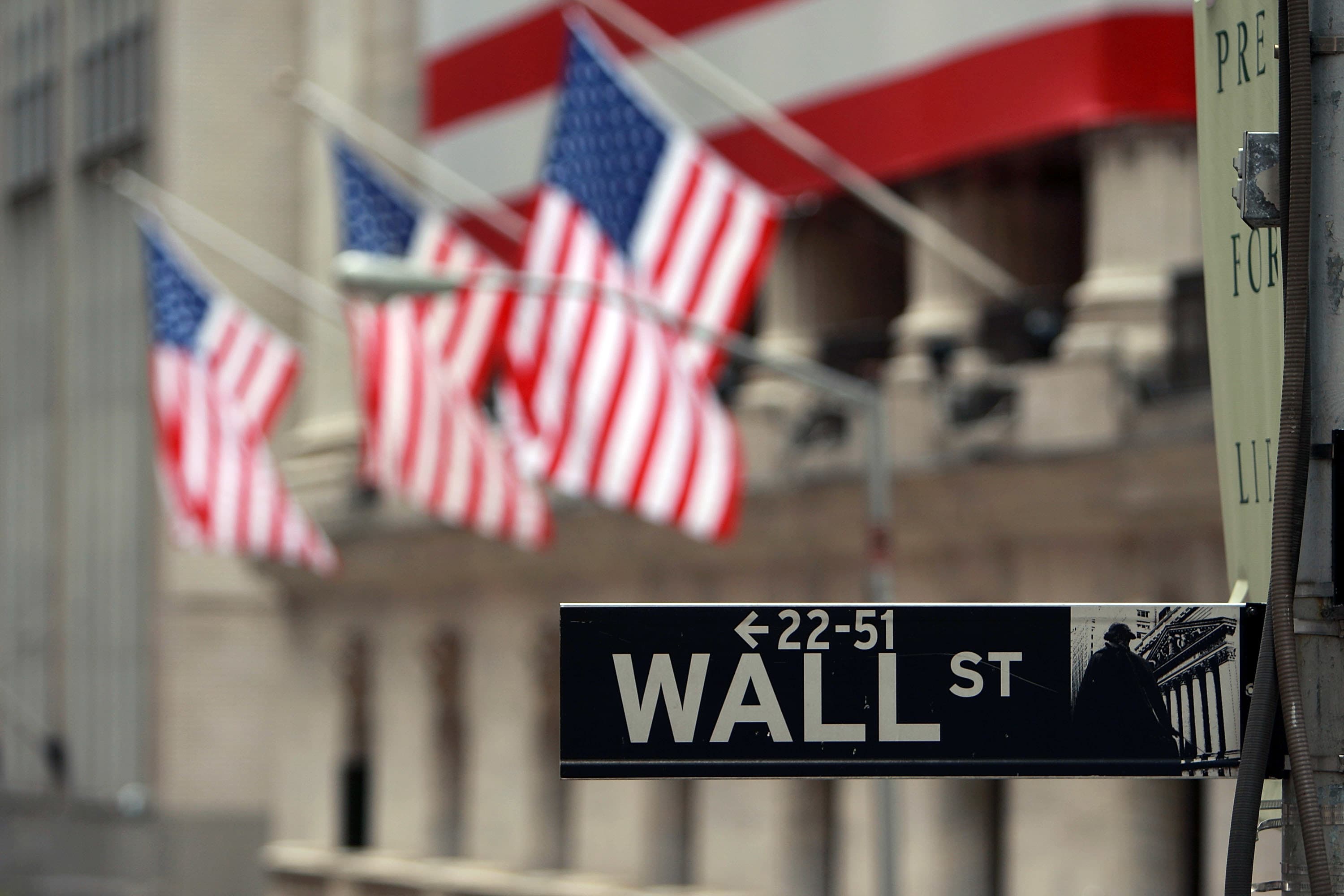Aly Song Reuters
BEIJING — Jack Ma, the Chinese tech billionaire known for arguing in favor of a 12-hour work day, sees a future in which people will have to work only 12 hours a week.
The founder of e-commerce behemoth Alibaba said Thursday that technological advancements would enable people to live longer and work far fewer hours.
“Every technology revolution, people start to worry. In the last 200 years we have worried [that] new technology is going to take away all the jobs,” he said in a discussion in Shanghai on Thursday with Elon Musk, Tesla’s billionaire founder. Tesla is building an electric-vehicle factory in the city, and the two were on the stage at the World Artificial Intelligence Conference there.
Ma has previously courted controversy with his endorsement of the “996” work practices prevalent in China’s tech industry, under which employees are expected to work 9 a.m. to 9 p.m., six days a week.
In remarks earlier this year, Ma said that the opportunity to work such hours was a “blessing” and that without this kind of working culture, China’s economy was “very likely to lose vitality and impetus.”
Another tech titan went further, declaring that the 996 culture was for slackers. Richard Liu, chief executive of rival e-commerce company JD.com, said he works “8116+8” — or 8 a.m. to 11 p.m. Monday to Saturday, then a mere eight hours on Sunday.
But speaking with Musk on Thursday, Ma said that in the future, people would be able to enjoy a much shorter workweek.
“In the next 20 to 30 years, human beings will live much longer. Life science technology is going to make people live probably 100 or 120 years,” he said. “That may not be a good thing because you get your grandfather’s grandfather still working hard.”
But it didn’t matter, he said, as the world wouldn't need a lot of jobs.
Can we say that artificial intelligence is actually demonstrating intelligence? The concept of AI has been around for decades and has progressed to a point where doctors may be able to use it to search for Alzheimer’s and other patterns of disease. But what does current research on the brain say about how smart artificial intelligence really is?
“I think people should work three days a week, four hours a day,” he said, citing previous technological leaps like the Industrial Revolution and the use of electricity as improving work-life balance.
“The power of electricity is that we make people more time, so you can go to the karaoke in the evening, you can go to dancing parties in the evening,” he said in English.
“I think that because of artificial intelligence, people will have more time to enjoy being human beings. I don’t think we’ll need a lot of jobs,” Ma told Musk. “The jobs we need are [ones to] make people happier. People experience life, enjoy [being] human beings.”
[ In a workaholic China, the stressed-out find a refuge with monks and Sanskrit ]
China’s netizens were unimpressed.
“Ma has said previously that 996 was a blessing. How can he say now that people can work three days a week, four hours a day, and go to karaoke or dance parties in the evening,” asked one person using the nickname “Be a friend with time daily” on Weibo, the Chinese version of Twitter.
“Previously he talked in Chinese about 996. That’s for us. This time, he said ‘three days a week, four hours a day’ in English. That’s for foreigners.”
Another, using the name “Soda water,” used a Chinese saying that means two things don’t fit together: “Musk will find that this dialogue is like putting a donkey’s lips on a horse’s mouth.”
Liu Yang contributed to this article.
Read more
A year into the trade war, China learns to ride out Trump’s turbulence
Trump retaliates in trade war by demanding companies cut ties with China
Today’s coverage from Post correspondents around the world
Like Washington Post World on Facebook and stay updated on foreign news
https://www.washingtonpost.com/world/asia_pacific/jack-ma-proponent-of-12-hour-work-days-foresees-12-hour-workweeks/2019/08/29/fd081370-ca2a-11e9-9615-8f1a32962e04_story.html
2019-08-29 09:26:31Z
52780367324828





